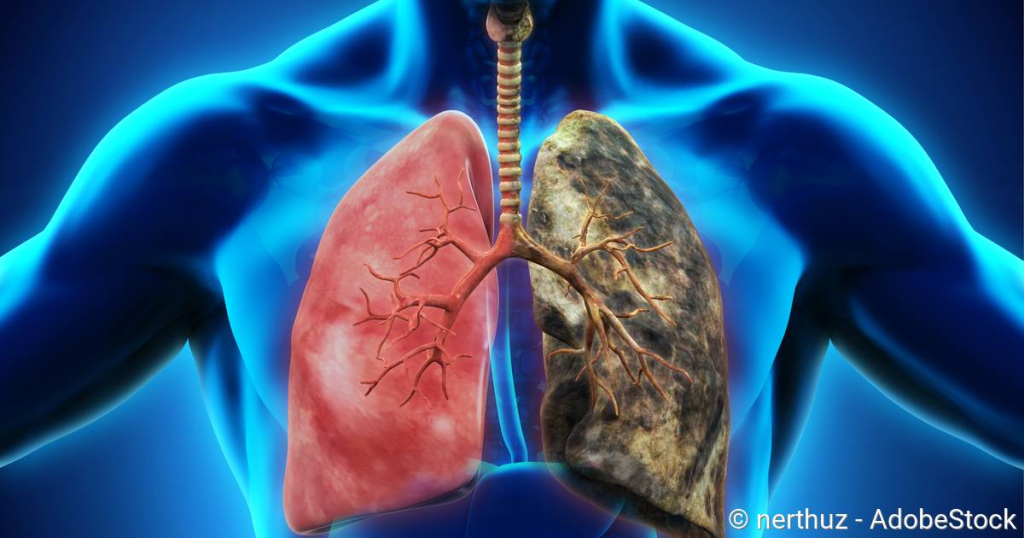Abstract

To explore opportunities for improving care based on the experiences and perspectives of different types of COPD patients based on the Information-Motivation-Behavioral skills (IMB) model with poor self-management behaviors. We used ethnographic methods (over 1000 h of observations for 30 participants), and conducted 34 semi-structured interviews with different patient profiles. Data were transcribed verbatim and analysed using thematic analysis. According to the IMB model, we divided participants into three categories, namely low-information and low motivation group, high information but low motivation group and low-information but strong motivation group. The first group had limited opportunities to acquire knowledge and decreased memory capacity. Also, patients did not feel the seriousness of COPD, or thought that self-management was not important, which led to the lack of self-management knowledge and motivation for this group of patients. In the second group, patients were pessimistic about the cure of the disease because of too much information or too much attention to the details of knowledge, which was also the reason why patients were unwilling to implement self-management although they had mastered enough knowledge. The third patient profile, with strong motivation, would seek health information resources through various channels. Because of this, they could easily acquire incorrect or unscientific information, which would make the situation worse. This qualitative study suggested COPD patients exhibited distinct self-management experiences, barriers, and recommendations due to variations in information processing and motivational characteristics. Future research should tailor precise self-management strategies based on individual patient profiles.
Leave a Reply